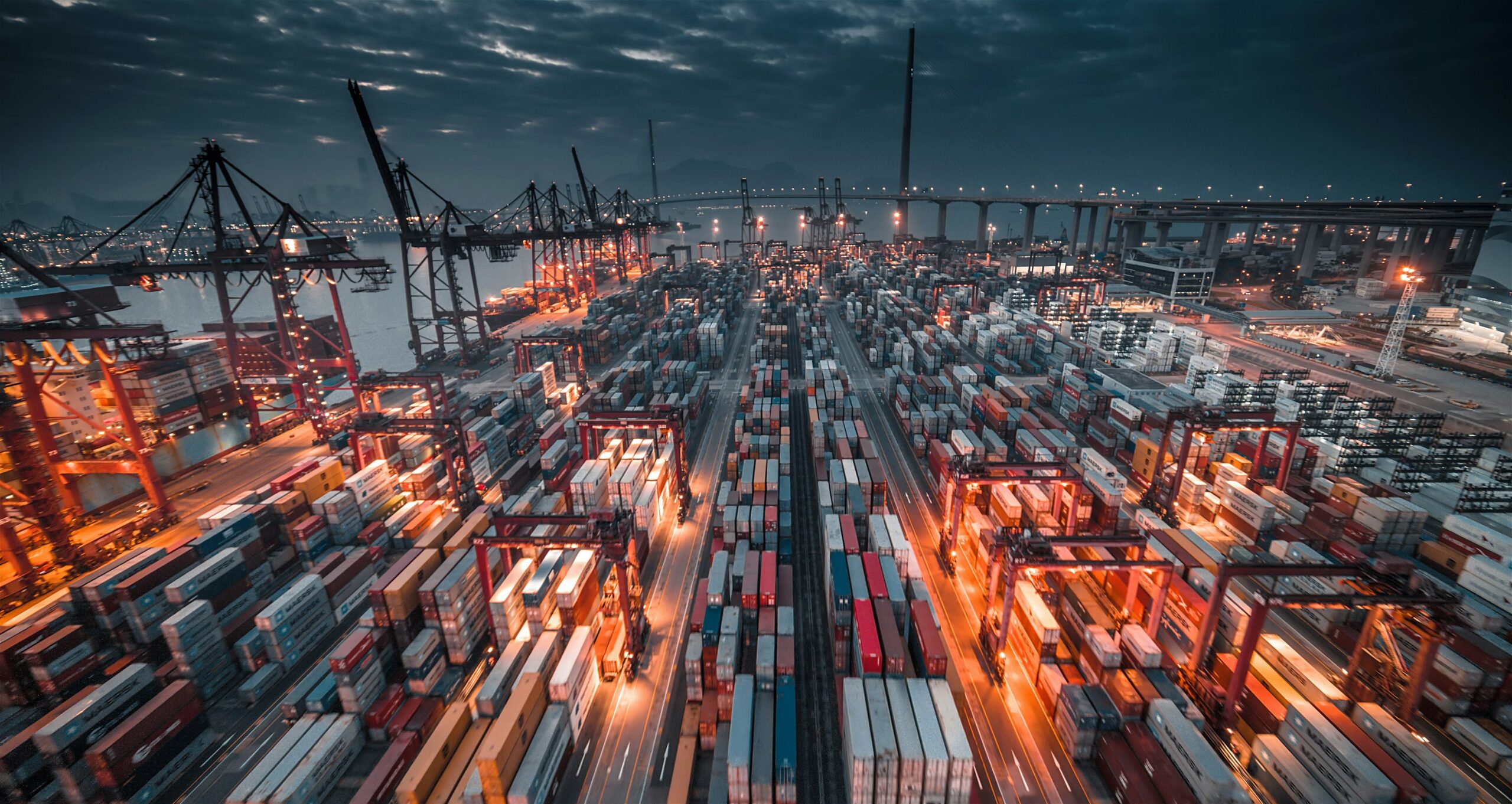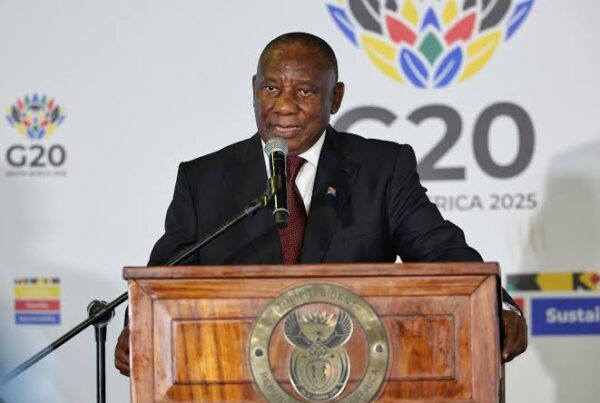Trade uncertainty has become a major issue overshadowing global markets. The latest UNCTAD report highlights that sudden changes in tariffs, subsidies, and trade regulations have disrupted economic stability worldwide. This situation affects not only advanced economies but also developing nations that depend heavily on exports and international market access.
Trade Uncertainty Threatens Global Economic Stability
The current state of international trade is marked by policies that are increasingly difficult to predict. UNCTAD noted that the World Trade Policy Uncertainty Index reached its highest level on record in the first quarter of 2025. This has made many companies reluctant to commit to long-term investments.
Rapid changes in tariffs, export bans, and unilateral subsidies are creating widespread uncertainty. For countries integrated into global supply chains, the impact is clear in rising logistics costs and rerouted shipments.
Rising Uncertainty Index
UNCTAD data shows a sharp increase in the global trade policy uncertainty index. This surge has been driven by tariff wars, protectionist measures, and geopolitical tensions. Global investors are now more cautious, given the heightened risks of financial losses.
In addition, “front loading” practices—where companies accelerate shipments before new tariffs take effect—are becoming more common. This disrupts long-term trade patterns and fuels commodity price volatility.
Impact on Developing Nations
Developing economies are the most vulnerable. Dependence on one or two key markets makes them less able to adjust to sudden changes. UNCTAD stressed that small and medium-sized enterprises (SMEs) in these nations face the hardest pressure due to limited capital and logistics capacity.
Currency fluctuations and higher borrowing costs add another layer of difficulty. This environment could slow down poverty reduction efforts and widen the global inequality gap.
Key Drivers of Trade Uncertainty
UNCTAD identified several major factors behind rising global trade uncertainty.
Inconsistent Tariff Policies
The United States and other major economies have increasingly applied inconsistent tariffs on trading partners, breaching the principle of Most Favoured Nation (MFN). Such tariff disparities destabilize markets and trigger trade disputes.
These policies not only impact target countries but also disrupt global supply chains. Companies are forced to find alternative markets, often at higher costs and with less efficiency.
Geopolitical Conflicts and Shipping Disruptions
Tensions in the Middle East, the Russia–Ukraine war, and disruptions in critical shipping routes such as the Red Sea have compounded uncertainty. Shipping costs have surged as vessels seek longer and safer routes.
At the same time, security concerns have driven insurers to raise premiums. All of these factors significantly increase the cost of global trade.
Non-Trade Regulations with Trade Impact
Beyond tariffs, non-trade regulations such as security measures and energy subsidies add new layers of unpredictability. A single unilateral decision by one country can trigger a domino effect in global markets.
For many companies, it has become difficult to plan long-term strategies when regulations can change overnight. This creates a high-risk business environment.
The Impact of Trade Uncertainty on Businesses and Markets
Beyond the macroeconomic level, trade uncertainty also directly affects companies worldwide.
Rising Operational Costs
Businesses are forced to absorb extra costs from holding larger inventories, changing distribution routes, and restructuring supply chains. Global logistics expenses have soared, squeezing profit margins.
Uncertainty has also prompted firms to increase cash reserves, holding back capital that could have been used for expansion.
Delayed Investment Decisions
Investors tend to delay large-scale projects when policy risks are high. This trend is reflected in declining foreign direct investment flows to developing nations since early 2025.
UNCTAD warns that this could stall infrastructure development in many countries reliant on external funding, ultimately slowing economic growth.
Financial Market Volatility
Currencies have become highly volatile. Investors are pulling funds abruptly, creating instability with wide-reaching effects. Multinational corporations face challenges in hedging due to sudden regulatory shifts.
Meanwhile, stock markets remain under pressure. Rising trade uncertainty has driven investors toward safe-haven assets such as gold, which hit record highs in September 2025.
Implications for Indonesia and Other Developing Economies
Indonesia and its peers in the developing world face major challenges as global trade uncertainty deepens.
Impact on Indonesian Exports
Many of Indonesia’s export commodities rely heavily on key markets such as the United States, the European Union, and China. Sudden tariff hikes could immediately weaken the competitiveness of Indonesian products.
The manufacturing sector including textiles, electronics, and automotive—faces potential disruptions. Companies must explore new markets or adjust pricing strategies to remain competitive.
Mitigation Strategies for Developing Nations
UNCTAD suggests that developing countries strengthen export market diversification. Indonesia could expand trade access to South Asia, Africa, and Latin America.
Governments must also strengthen regional and bilateral trade agreements to provide greater legal certainty for businesses. Regulatory transparency is critical to attract foreign investment and ensure sustainable growth.
The Role of SMEs in Adapting to Change
SMEs remain the backbone of Indonesia’s economy, yet they are the most vulnerable to trade uncertainty. Government support in the form of financing access, training, and supply chain digitalization will be vital to ensure SMEs can withstand global volatility.
Trade uncertainty has emerged as one of the biggest challenges for global markets in 2025. UNCTAD underscores the urgent need for more transparent and consistent trade policies to restore business confidence. For Indonesia, market diversification and stronger SME support will be essential. Stay tuned for more in-depth analysis on global trade and the economy only at Olam News.




